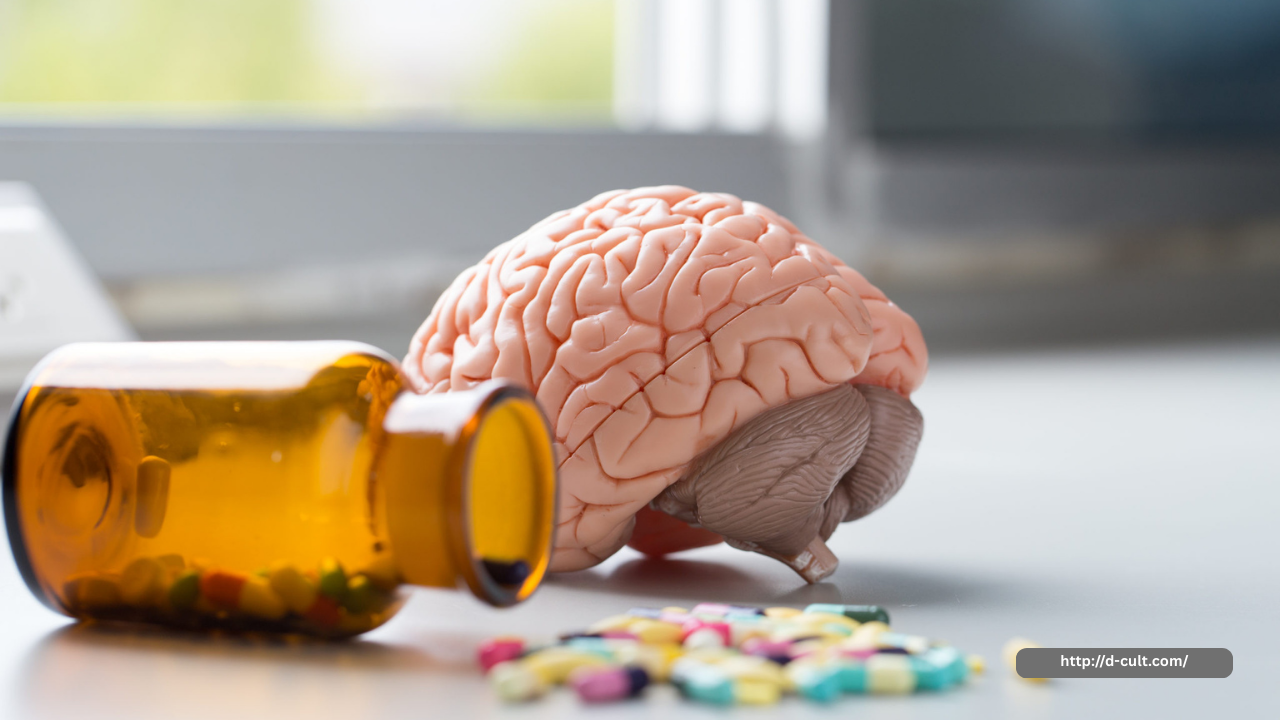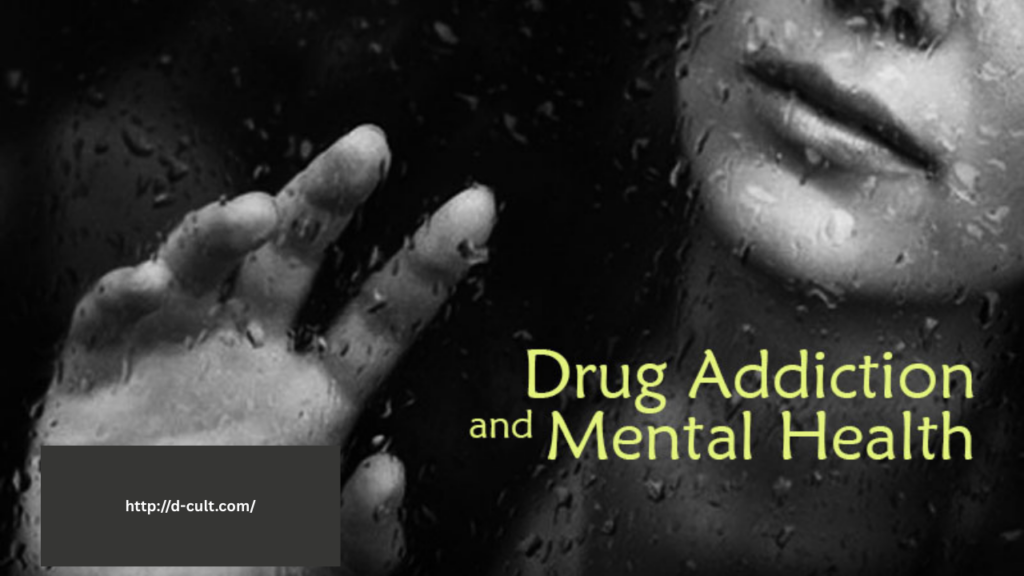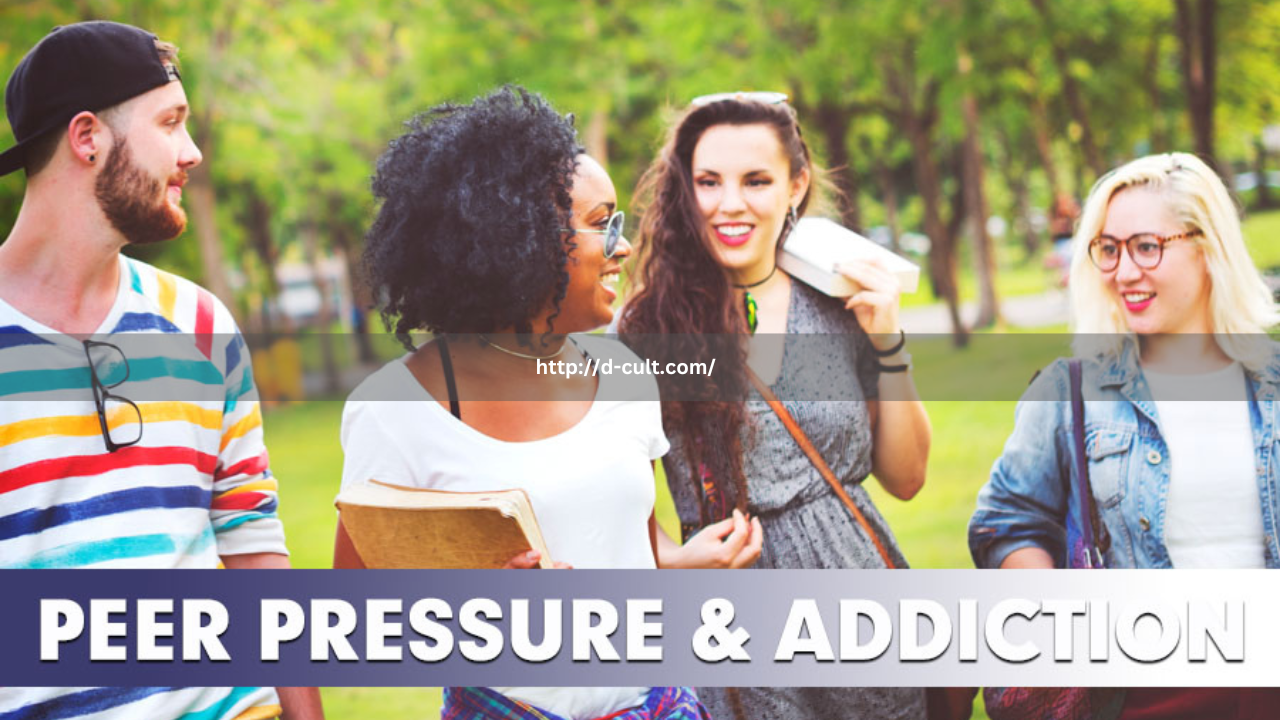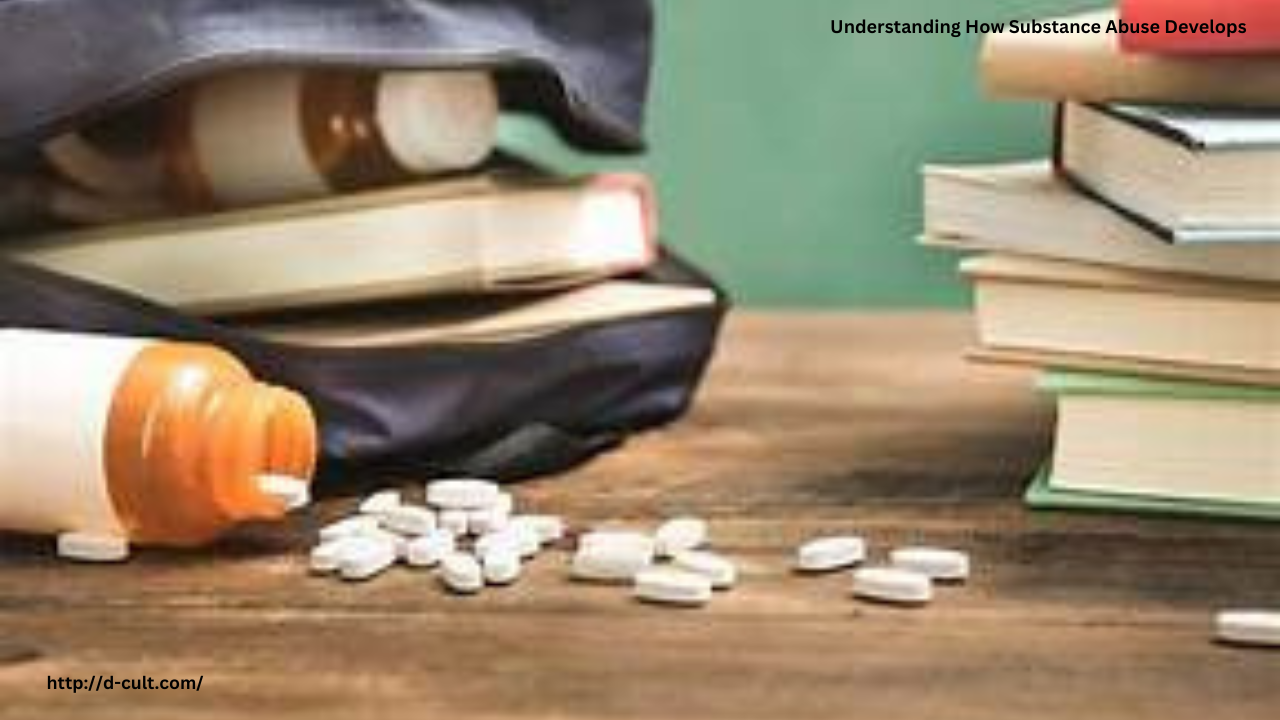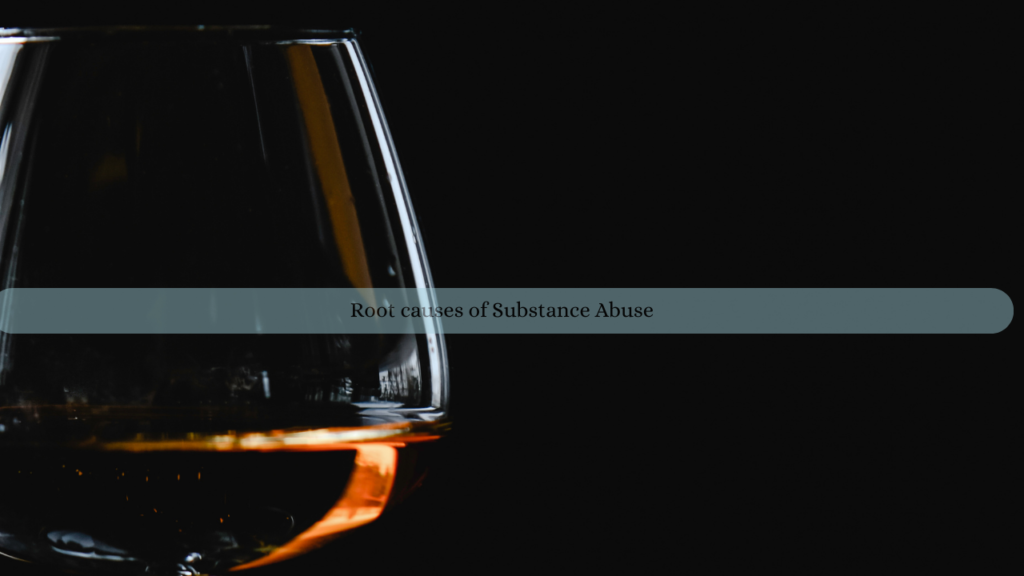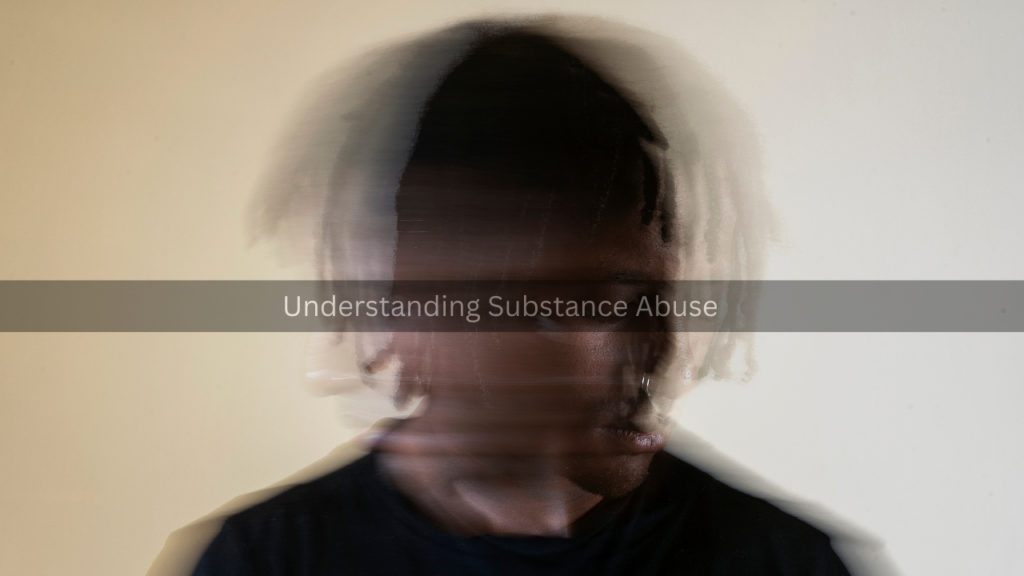Substance abuse is not just a matter of poor choices or lack of willpower—it involves profound changes to the brain’s structure and function. When someone uses drugs or alcohol, the brain’s reward system is significantly impacted, leading to a powerful cycle of addiction. Understanding how substances hijack the brain can help us better comprehend why addiction is so difficult to overcome and why it requires comprehensive treatment to break free.
The Brain’s Reward System
The brain’s reward system is responsible for feelings of pleasure and reinforcement. It plays a central role in survival by rewarding behaviors essential for life, such as eating, socializing, and reproduction. The reward system relies on a chemical called dopamine, which is released when we experience something pleasurable.
When a person uses a substance like alcohol, cocaine, or heroin, these drugs flood the brain with dopamine, producing intense feelings of euphoria or pleasure. This rapid increase in dopamine encourages the brain to associate the substance with positive rewards. In the early stages of substance use, the brain interprets the high as something beneficial, leading the person to seek out the substance again to relive that pleasurable experience.
Tolerance and Dependency
As a person continues to use a substance, the brain adapts to the flood of dopamine. Over time, the brain starts to produce less dopamine on its own, and the receptors that receive dopamine become less responsive. This process is known as tolerance.
With tolerance, the person needs to consume more of the substance to achieve the same effects. This escalating need for the drug can quickly lead to dependency—where the brain and body become reliant on the substance to function normally.
In addition to physical tolerance, substance use also creates psychological dependency. As the brain becomes accustomed to the substance as a primary source of pleasure, it begins to prioritize the drug over other activities that once provided satisfaction. This can lead to obsessive thoughts about the substance and a strong compulsion to seek it out.
The Role of the Prefrontal Cortex
The prefrontal cortex, the area of the brain responsible for decision-making, impulse control, and reasoning, is also significantly impacted by substance abuse. Normally, the prefrontal cortex helps individuals weigh the pros and cons of their actions and make rational choices. However, drugs and alcohol impair this part of the brain, reducing a person’s ability to think clearly and make sound decisions.
When someone is addicted, the prefrontal cortex is less able to override impulsive behavior. This explains why people with addiction often continue to use substances despite the negative consequences—such as damaged relationships, health problems, and legal issues—because their brain no longer registers these risks in the same way it did before addiction took hold.
The Brain’s Stress Response and Withdrawal
Substance abuse also impacts the brain’s ability to manage stress. Drugs and alcohol hijack the brain’s stress response system, making it harder to cope with anxiety, frustration, or sadness without using substances.
When a person tries to quit or reduce their substance use, the brain experiences withdrawal symptoms. These symptoms can range from anxiety and irritability to more severe physical symptoms, such as nausea, sweating, and seizures, depending on the substance. The discomfort of withdrawal can push people to relapse in an attempt to avoid the distressing effects.
Conclusion
Substance abuse is not simply a matter of poor choices—it physically changes the brain. The reward system becomes hijacked, tolerance and dependency set in, and the prefrontal cortex’s decision-making abilities are diminished. Understanding these neurological changes can provide a clearer picture of why addiction is so challenging to overcome. Effective treatment, which may include therapy, medication, and support, helps to retrain the brain and restore its ability to function normally, enabling individuals to reclaim their lives from the grip of addiction.
